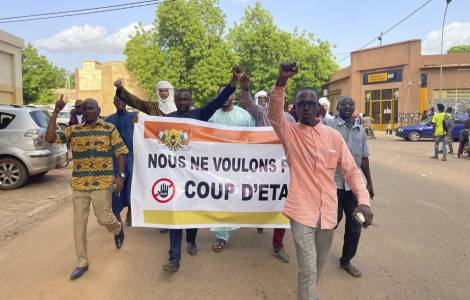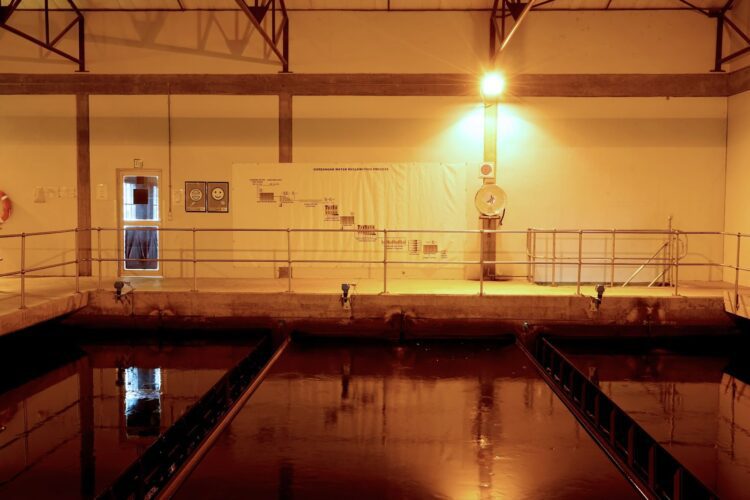AFRICA/NIGER – A foretold coup? Amidst a stifled political system and the ambitions of the military, an initial analysis of the putsch
Niamey (Fides News Agency). It is still too early to make an in-depth analysis of the military coup in Niger, but some considerations can be made with the help of Rahmane Idrissa, a Nigerien researcher with the University of Leiden.
The first consideration to make is that the Nigerien army has a long history of military coups. “President Mohamed Bazoum himself had escaped an attempt to putsch the day before his inauguration; and just recently another attempt was apparently thwarted while he was in Turkey,” Idrissa recalls. “With such frequency, and with the military’s apparent conviction that they’re not just a state body, but a political actor in their own right, the possibilities or the risks of a successful coup were great.” “Therefore Niger has, to put it mildly, a problem with its army. It is a structurally putschist army “, stresses the researcher who states “Last February I met a senior officer of the Nigerien army and I left the interview astonished. The army was, apparently, full of people planning a coup”. A coup that was therefore announced.
The political system after alternating vicissitudes linked to the attempt by President Mamadou Tandja (in power from 1999 to 2010, when he was deposed by the military) to seek a third term through an amendment to the Constitution – appears increasingly self-referential and unconcerned with the demands of the population.
The ruling party, Parti nigérien pour la démocratie et le socialisme (PNDS-Tarayya) under the leadership of President Bazoum “is not a party of compromise, but of dominance,” Idrissa says. “The primary effect of this ambition was the use of resources of power to achieve what the Nigeriens called “the crushing” (of other political parties). The most used weapon in this sense was the possibility of “political nomadism”, that is, changing one’s membership, as a deputy, after having been elected with a certain political party”. A “political nomadism” also used in neighboring Mali by Ibrahim Boubacar Keïta, the former President who was overthrown by a military coup, the researcher recalls. The Nigerien political system has retained the semblance of a democracy but has effectively become a one-party regime of sorts, with an opposition that is co-opted on the one hand, and on the other, afflicted by judiciary investigations.
“The dangerous consequence of this development is that if politics cannot take place on its own terrain, that of relations between political parties and activities within political institutions (National Assembly, regional and municipal assemblies), it does so where it should not: the administration and the army” remarks Idrissa.
“We can therefore say that the PNDS is partly to blame for this putsch” says the researcher, qualifying it as an “opportunist putsch” whose authors were inspired by the military coups in Mali and Burkina Faso, and exploit the discontent of the Nigerien population with the economic and security situation (jihadist activities in the southwest and southeast) and popular resentment against France, which was also used by former President Tandja as a scapegoat for the country’s troubles. (L.M.) (Fides News Agency 1/8/2023)
Share:
Source link : https://www.fides.org/en/news/74061-AFRICA_NIGER_A_foretold_coup_Amidst_a_stifled_political_system_and_the_ambitions_of_the_military_an_initial_analysis_of_the_putsch
Author :
Publish date : 2023-08-01 07:00:00
Copyright for syndicated content belongs to the linked Source.





